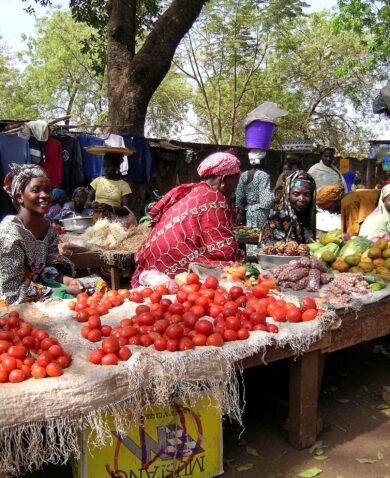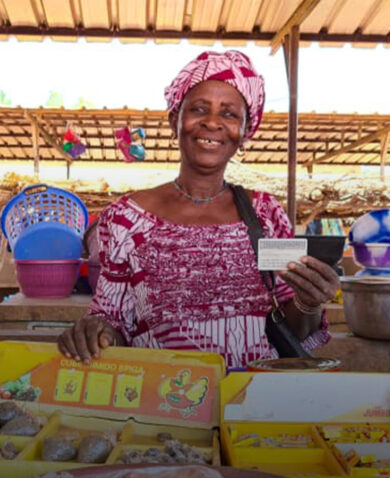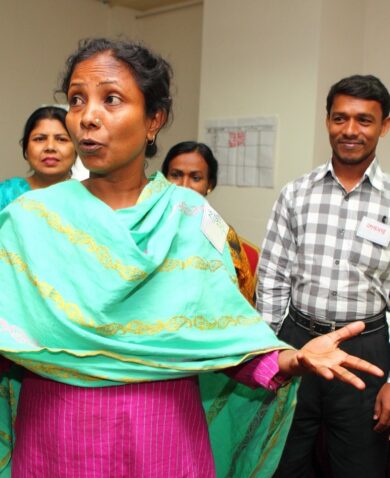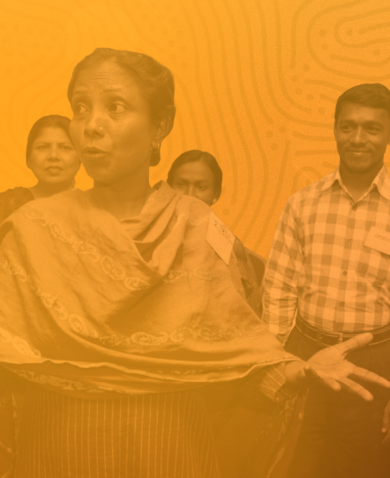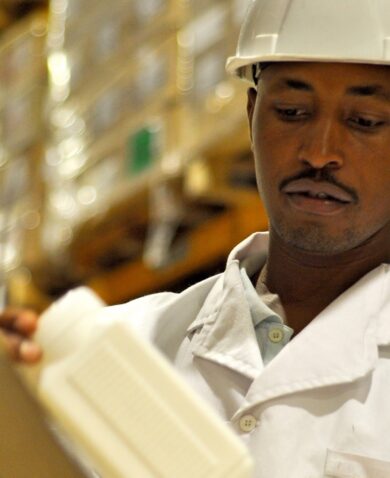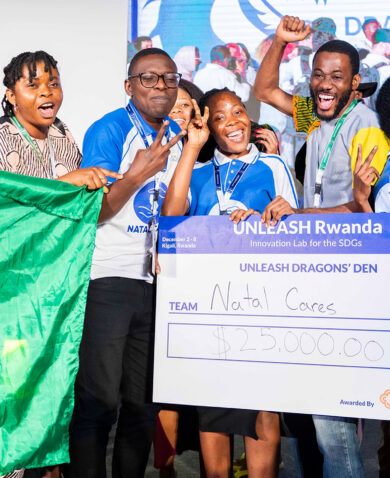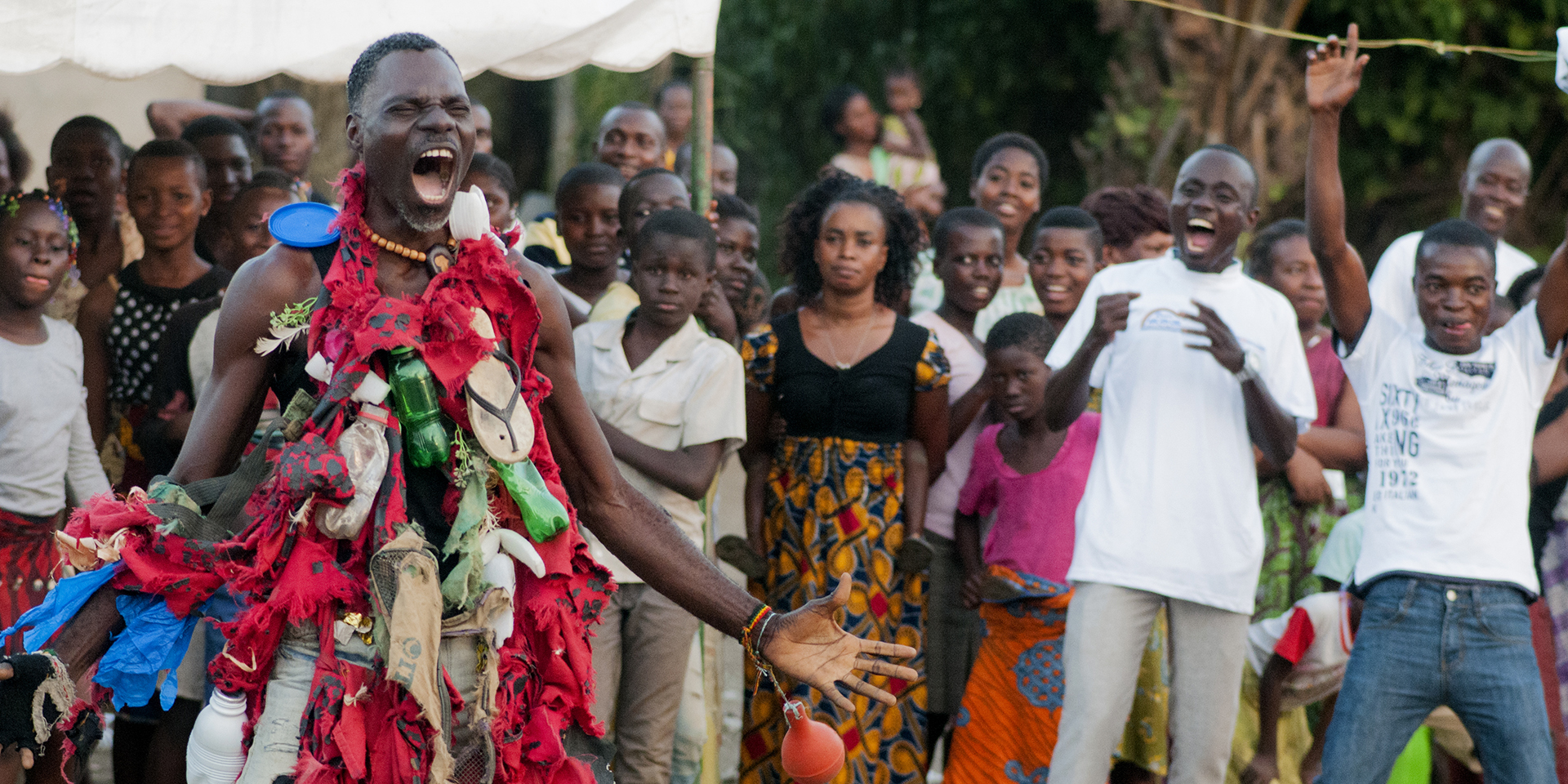
Never Forget: Using Remembrance to Prevent Future Violence in Côte d’Ivoire
August 18, 2015 | 3 Minute ReadAfter violence in 2010-2011, citizens of Cote d'Ivoire are promoting more peaceful presidential elections this October.
This post was originally published by the Alliance for Peacebuilding, and is cross-posted with permission.
“It’s hard… I lost many things because of this violence. We lost so much in this crisis. I apologize to the Wè and Malinke youth, and strangers, too, so we can avoid another crisis in Duékoué. Let’s make peace, let’s make peace, let’s make peace…”
Fayé Nadège of the Dahoua neighborhood in Duékoué, Côte d’Ivoire says as she recalls the tragedies of the post-electoral violence in 2010-2011. Though Côte d’Ivoire experienced violence across the country in the wake of its 2010 presidential election, Duékoué, in the West, was the epicenter of the country’s worst violence. The violent outcome of the 2010 presidential election emphasized ethnically-charged divisions in the community and further deepened mistrust between people on opposite sides of the political divide. Many atrocities were committed during this period, and the resentment between the groups that fought each other still runs deep.
Four years later, as presidential elections approach, tensions and bitterness are on the rise. Duékoué residents remember all too well the politically motivated violence and retaliation of 2011 which killed almost 800 people and fractured the community. If not addressed, Duékoué could once again become a hotbed of violence. However, despite their memories of violence, Duékoué residents are ready and hopeful for a peaceful future, regardless of the outcome of upcoming elections. With support from USAID’s Office of Transition Initiatives (OTI), the Côte d’Ivoire Transition Initiative 2 (CITI2) Project tested best practices from successful interventions in similar post-electoral violence contexts in other parts of Côte d’Ivoire and Kenya in Duékoué to promote peace in the community.
One of CITI 2’s many activities in Duékoué included a partnership with an association of local youth groups, the “Plate-forme des Organisations de Jeunesse de Duékoué” (POJED) to address atrocities committed during the last electoral period head-on. CITI2 asked Duékoué residents to reflect on the future they want for their city and the country.
Together, POJED (which includes a large number of youth from diverse ethnic and political backgrounds) and CITI2 produced and aired a short film capturing the most emotional moments of the 2010 post-electoral violence experienced in Duékoué.
In airing the film and facilitating community-based discussions among more than 2000 residents from diverse ethnic and political backgrounds, CITI2 and POJED provided an opportunity for individual reflection, honest dialogue, personal healing, and eventually successful community reconciliation between conflicting groups. Through this activity, vulnerable youth in Duékoué reflected on and discussed their vision for the Côte d’Ivoire they want to see emerge from these atrocities, and the role they can play to make this a reality.
Risk for violence to erupt in the community after watching the film was always a remote possibility. However, one major advantage in this case, which was likely a large contributor to the success of this initiative, was the amount of time elapsed since the last election. Though emotional wounds may have reopened in remembering Duékoué’s turbulent past, people were able to face and acknowledge these memories in a constructive way to move forward and not allow the past to define the future. Community members and leaders acknowledged their role in the violence, and promoted peace as the way forward, regardless of the outcome of the elections.
After viewing the film and participating in a community dialogue, Gnahou Michel, a young ethnic Wè from the Guéré neighborhood, preached peace for the upcoming elections:
“After watching this film, we have to understand that we all have to move toward peace. Politics have caused problems and the Wè and Malinke who used to be united are divided today. Let’s leave politics to the politicians and us youth should stay together and be vigilant because elections are approaching again…”
Côte d’Ivoire’s presidential elections are scheduled for October 25, 2015, and everyone hopes to see Duékoué create a new memory where people express themselves peacefully, regardless of the outcome.
Photo credit: Kendra Helmer/USAID





